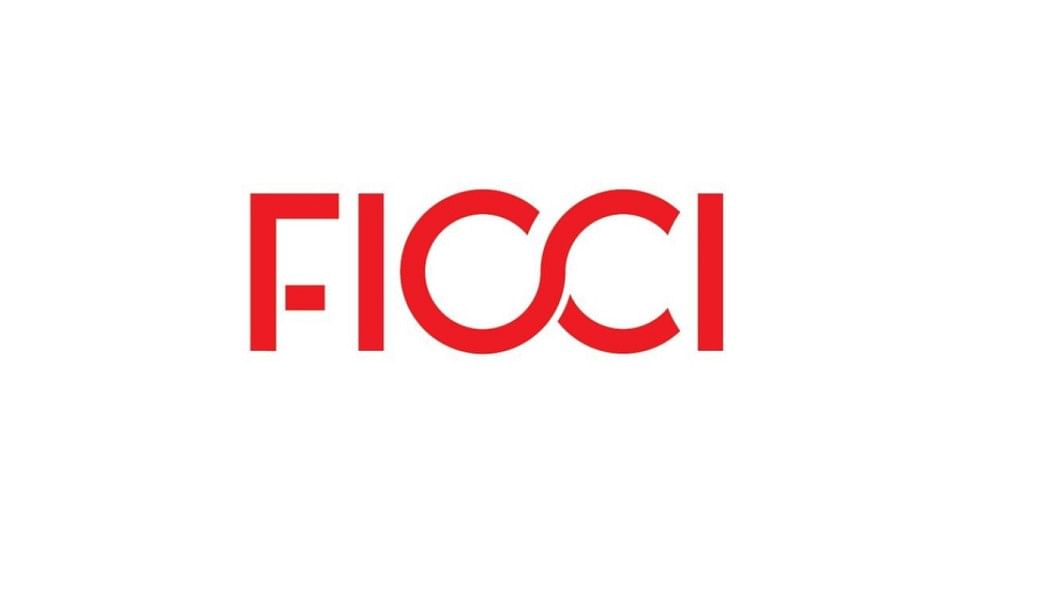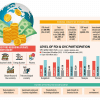Foreign investors concerned about gas price hike

The Foreign Investors' Chamber of Commerce and Industry (FICCI) and the European Union Chamber of Commerce in Bangladesh (EuroCham) have expressed concern over a recent decision by the Bangladesh Energy Regulatory Commission (BERC) to introduce a revised gas tariff structure that differentiates between new, committed, and existing customers within the same industrial category.
The government earlier this week set new gas tariffs for the industrial sector, hiking the price by 33 percent for new units despite objections from businesses and consumer rights organisations.
According to the new rates announced by the BERC, upcoming industries must pay this new rate, while existing units that use more than their sanctioned load will have to pay the new rate for excess consumption.
In a statement yesterday, FICCI said the newly announced tariff mechanism risks creating unintended barriers for new and expanding industries.
Under the current proposal, businesses with new gas sales agreements (GSAs), increased demand, or recent connections will face significantly higher tariffs compared to existing ones—even within the same industrial classification.
"This differentiated pricing model presents several challenges. It introduces inequity in energy costs across similar operations, undermines the principle of a level playing field, and could adversely affect Bangladesh's industrial competitiveness at a time when investment momentum is building," FICCI said.
The chamber, which represents foreign investors from 35 countries in 21 sectors in Bangladesh, said it may disincentivise new foreign and domestic investments at a critical juncture, just as the government is proactively engaging the global investor community through initiatives such as the recent Bangladesh Investment Summit, which drew participants from nearly 50 countries.
"A transparent and equitable energy pricing framework is fundamental to sustaining investor confidence and industrial growth," said FICCI President Zaved Akhtar.
"While we understand the evolving demands of energy management, we urge the BERC to revisit this approach and ensure that policy changes align with the broader goals of economic development and FDI attraction."
The trade body said the provision to treat any new GSA as a new connection—even for long-standing industrial users—introduces ambiguity and could lead to arbitrary reclassification.
"This could inadvertently disrupt existing business continuity and create administrative and operational uncertainty," it said, adding that new GSAs with existing customers should not fall under the tariff for new connections.
FICCI said that during the public hearing held on February 26, 2025, industry stakeholders collectively expressed strong reservations about the proposed tariff structure.
It also emphasised the importance of continuing dialogue with all relevant stakeholders, including foreign and domestic investors, to ensure that energy reforms support inclusive and sustainable industrial growth.
In a separate press release, EuroCham acknowledged the government's efforts toward a sustainable energy future and appreciated the progress made in energy sector reforms.
However, the chamber remains concerned about the recently announced gas tariff structure, which introduces differential pricing based on industrial consumers' contractual timelines and gas connections.
While recognising the complexity of energy policy, EuroCham believes that the current model—placing higher tariffs on new and expanding industries—may unintentionally undermine Bangladesh's competitiveness and investment appeal.
Fragmented energy costs within the same sector risk discouraging both foreign and domestic investment at a time when Bangladesh is actively positioning itself as an attractive global business destination.
Nuria Lopez, chairperson of EuroCham Bangladesh, said that maintaining a predictable and balanced energy tariff regime is essential for ensuring investor confidence and supporting industrial expansion.
"We believe a collaborative approach to policy design can help avoid business disruptions and send a positive signal to potential investors," Lopez added.
EuroCham also pointed to the ambiguity surrounding the reclassification of long-standing industrial users under new GSAs and encouraged the BERC to approach such transitions with clarity and fairness to avoid unnecessary administrative and financial burdens.

 For all latest news, follow The Daily Star's Google News channel.
For all latest news, follow The Daily Star's Google News channel. 










Comments